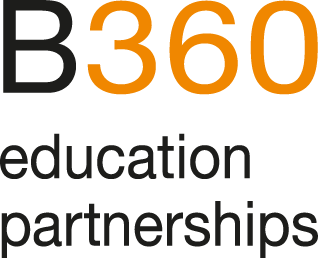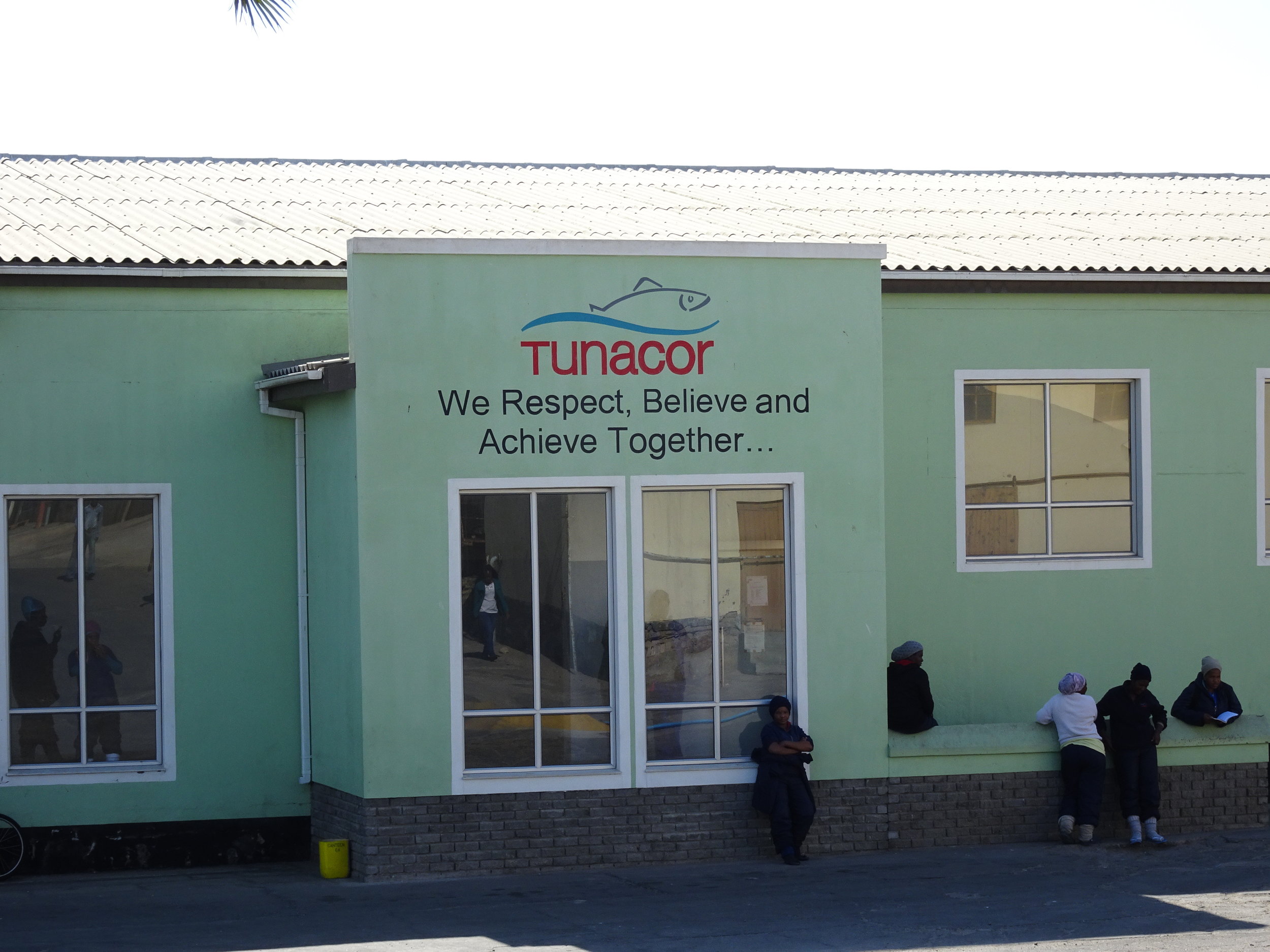Dr. Markus Schuppler
Lecturer in Food Microbiology
Institute of Food, Nutrition and Health, ETH Zürich
Faculty of Health and Applied Sciences
Biomedical Sciences Program
Namibia University of Science and Technology
April 11 - April 22, 2016
In April 2016, I had my first invitation as a guest lecturer at the Namibia University of Science and Technology in Windhoek to teach third year Biomedical Sciences students. Actually, this was the first assignment of a B360 expert in the Biomedical Sciences Program, which is why I started my assignment by introducing the idea and capacity of B360 to the students of my class. My mission was to cover the Food and Water Microbiology part of the Medical Microbiology III course. During the first week the days were divided into two lessons in the morning and two lessons during the afternoon. The second week was loaded with excursions to diagnostic laboratories and fisheries, a public lecture, assessment of students learning, and a concluding discussion.
The focus of my contribution to the Medical Microbiology III course was on the molecular pathogenesis of foodborne bacterial pathogens. This subject matter was taught during the first week by interactive lectures on the different bacterial pathogens relevant in food and drinking water. Due to the course content in the first and second year in Biomedical Sciences, the students already possessed the knowledge necessary for the understanding of the molecular mechanisms and strategies applied by foodborne bacterial pathogens. Furthermore, teaching was strongly facilitated by the modern infrastructure provided by the new building that hosts the Faculty of Health and Applied Sciences. This included well equipped practical course facilities that allowed the implementation of experiments to engross teaching and learning contents, respectively, which was very much appreciated by the students.
The second week started with excursions to a food testing laboratory and a fishery company. On Monday we visited the Namibian Standards Institution (NSI) in Walvis Bay, a testing laboratory which houses marine biotoxins and food microbiology laboratories that support the local fishery industry. The afternoon was spent at Tunacor Fisheries Ltd. However, due to a sudden power outage, the fish processing plant was shut down. Therefore we started our visit at the quayside where the fishing boats disembark. During the visit we were happy that we could eventually continue the visit to the fish processing lines after the power cut. This provided the opportunity to follow the whole manufacturing process from the discharge of the catch at the quayside to the frozen end product.
On Tuesday we visited the Namibia Institute of Pathology (NIP) in Swakopmund as an example for a medical testing laboratory prior to travel back to Windhoek. The excursions have been a highlight during my assignment because they comprise valuable elements in the education of the students. They exemplified how the theory is implemented in food production processes and safety testing of food, and delivered insights into future areas of work for the students. Furthermore, the excursions provided an appreciated opportunity for personal exchange and communication with the students during breaks and visits of tourist attractions in between.
Another highlight of the second week was the invitation to give a public lecture. On Thursday evening I delivered a public lecture titled: Listeria monocytogenes: Different lifestyles of a foodborne pathogen. The focus of the lecture was on the relevance of Listeria monocytogenes for food safety as this pathogen represents one of the most deadly foodborne agents known. Furthermore, I reported on the research that is conducted in our Food Microbiology Laboratory at ETH Zurich that focuses on a better understanding of the biology and ecology of this foodborne pathogen, and the development of methods for improved elimination and detection of foodborne pathogens. The public lecture was well attended by students, colleagues from the department and representatives from the food industry, culminating in a lively discussion that reflected the broad interest in the topic. On the following day, my assignment ended in a closing meeting with the responsible persons and the head of the department.
As this was the first assignment of an expert in the Biomedical Sciences Program, it was important for me to realize that my contribution provided an added value to the education of the students what was later on acknowledged by the students and colleagues from the department. It was also great to see that the students were already able to implement their theoretical knowledge into practice during the excursions.
I wish the students all the best for their professional careers and private lives and hope that in the future we will find them in responsible positions, where they will fulfil their duties in a most professional way and provide their own contribution to the development of Namibia.
At the beginning of my assignment, I was impressed by the openness and warm welcome the students and the staff of NUST had given to me. I appreciated working with them very much and want to thank them, as well as the sponsors and the staff of B360, who allowed me to lecture and become part of the success story at the new and emerging Namibia University of Science and Technology.








